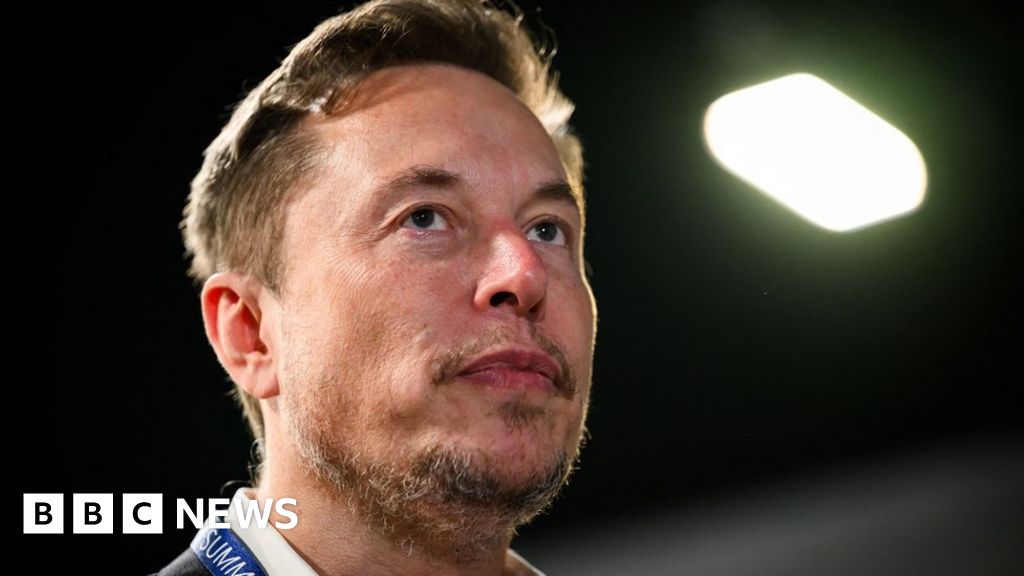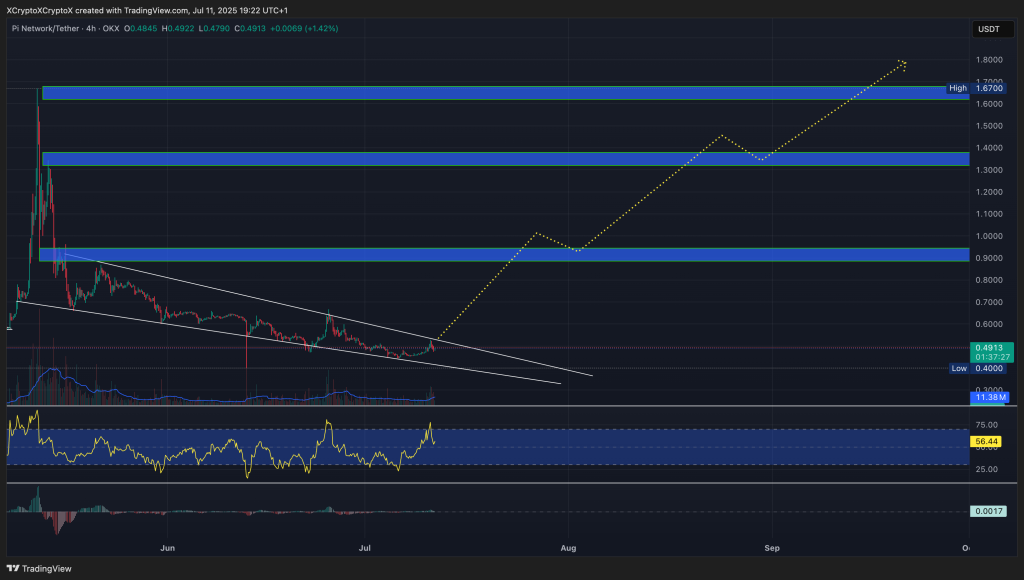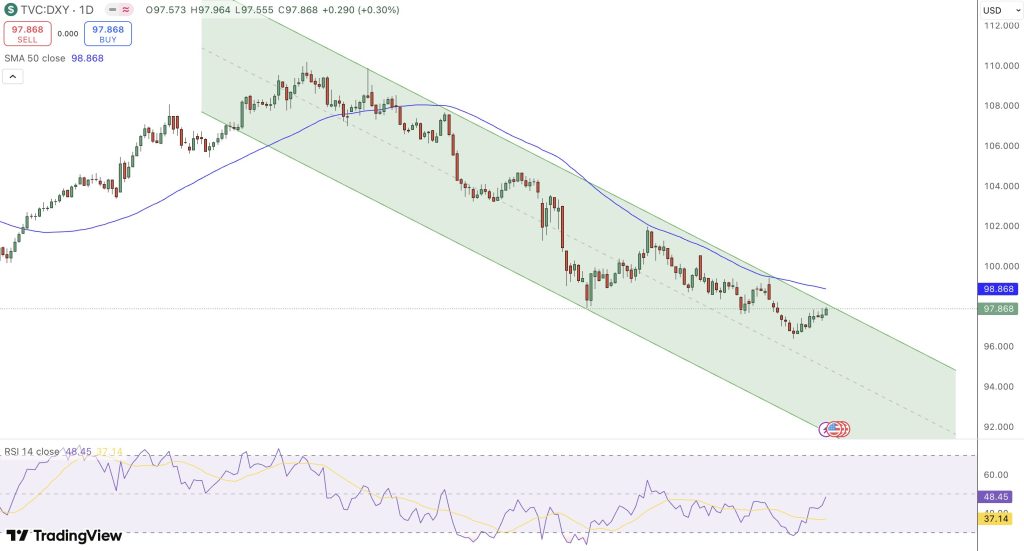On Wednesday, an X user made an antisemitic post that accused Jewish people of advocating for hatred against “whites.” Musk replied by writing “you have said the actual truth.”
The claims in the post were based on longstanding antisemitic tropes that portray Jewish people as secretly controlling the world and having dual allegiances. While some versions of those racist conspiracy theories have existed for centuries, even millennia, their most recent iteration is the “Great Replacement Theory,” which posits that Jewish people want people of color to immigrate to majority white countries in order to permanently alter their demographics. A portion of the post Musk liked mentioned “hordes of minorities,” an apparent reference to this theory.
Musk’s post is just his latest brush with bigotry. Since acquiring the then-Twitter in October 2022, civil rights groups have accused Musk of allowing hate speech to proliferate on the platform.
In just the first two weeks after Musk bought the site, antisemitic posts increased 61%, according to the Council for Countering Digital Hate (CCDH), a non-profit that tracks hate speech on the internet. In August, their claims incensed Musk to the point that X filed a lawsuit against the CCDH for allegedly conducting a “scare campaign to drive away advertisers.” Since the start of the Israel-Hamas war last month, the CCDH found that hate speech on the platform only worsened. The group released a report showing that 98% of 200 posts it reported for violating X’s guidelines remained on the site.
This wasn’t the first time Musk has threatened legal action against an advocacy group. In September, Musk threatened to sue the Anti-Defamation League, the civil rights organization that focuses on addressing antisemitism, for “trying to kill” X, he said. Musk then met with ADL CEO Jonathan Greenblatt, in a meeting that was meant to clear the air. Greenblatt told CNBC he left the meeting still concerned but was nonetheless “encouraged.”
Following up to Wednesday’s original antisemitic post, Musk mentioned the ADL by name. “The ADL unjustly attacks the majority of the West, despite the majority of the West supporting the Jewish people and Israel,” Musk wrote in a post. “This is because they cannot, by their own tenets, criticize the minority groups who are their primary threat. It is not right and needs to stop.”
On Thursday, Greenblatt condemned Musk’s recent comments. “At a time when antisemitism is exploding in America and surging around the world, it is indisputably dangerous to use one’s influence to validate and promote antisemitic theories,” Greenblatt wrote.
Musk’s latest posts also drew condemnation from across the business community. Facebook cofounder Dustin Moskovitz, who is now the CEO of software company Asana, called on Musk to resign. Wednesday’s post also caught the attention of X’s advertisers, many of whom had already been cautious about marketing on the platform because of the rampant hate speech and Musk’s behavior. As of Thursday, IBM pulled its advertising from X because of the post.
This comes after X’s new CEO, Linda Yaccarino, a longtime ad exec at NBCUniversal, spent months trying to rebuild the platform’s reputation with advertisers. In September, At Vox Media’s Code Conference, Yaccarino said 90% of the top 100 advertisers had returned to the platform, though she did not specify whether they were spending the same amount.
Shortly after agreeing with the antisemitic post on Wednesday, and after the firestorm over it had already started, Musk took to X to defend himself by interacting with his supporters on the platform “Elon isn’t anti-semitic lmfao [sic],” one X user wrote, using a profane abbreviation for laughter. “Emotions are causing people to lose their minds.” Musk replied to that comment with the “100” emoji, indicating that he agreed.
Musk’s post from Wednesday remains on X and has not been removed.
Credit: Source link











